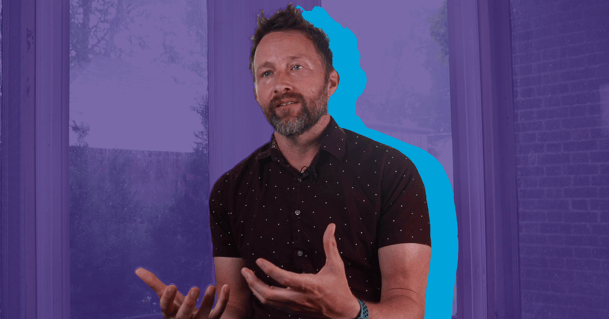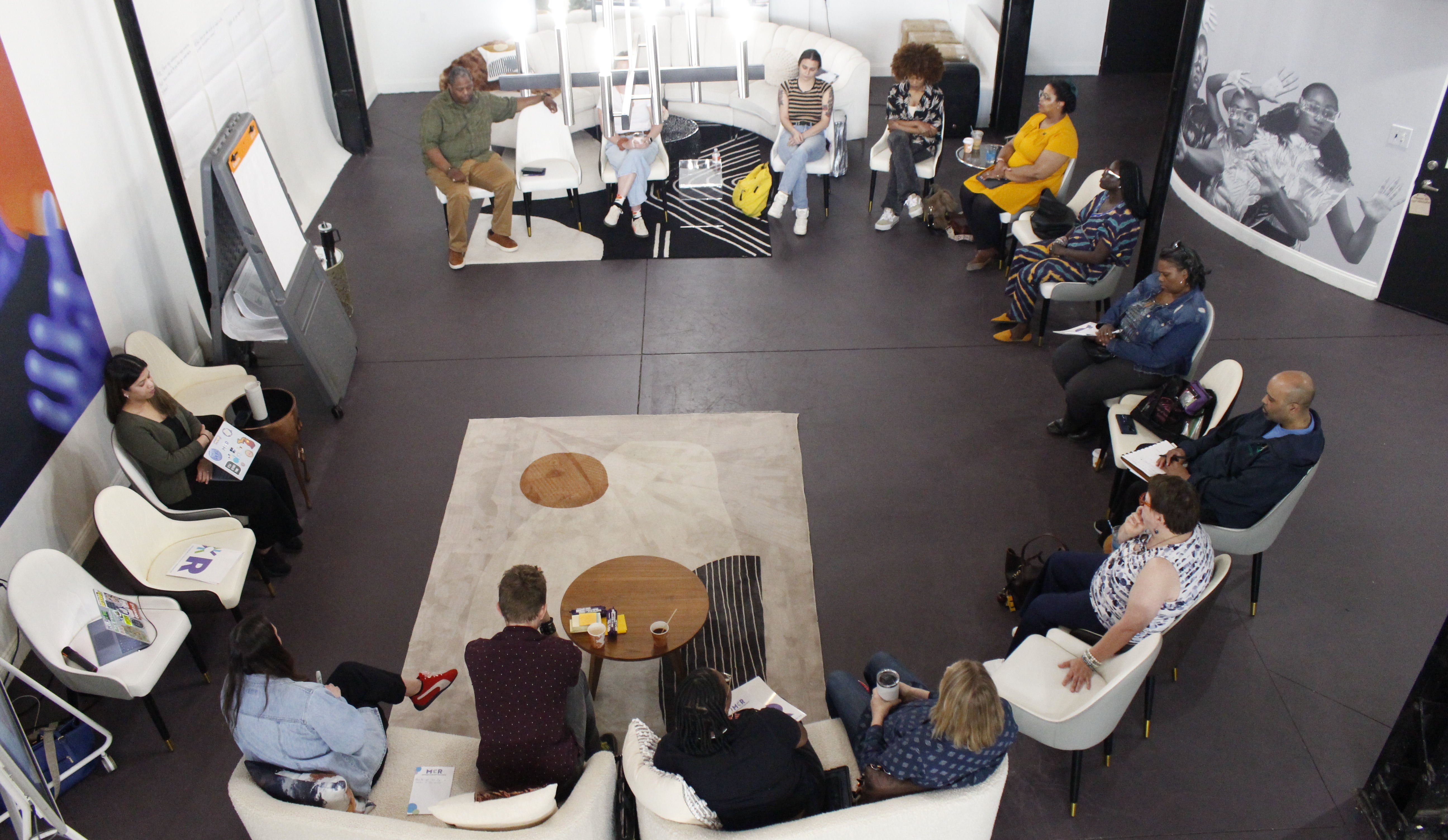5 Things We'll Be Working Toward in 2024
February 15, 2024
by Matthew Schmitt

In my recent post, I shared some of the challenges we heard the most about from our clients in 2023. In this follow-up piece, I’ll outline some of the things MCR will be prioritizing in 2024, both in response to those challenges and in pursuit of our mission.
...
There has always been confusion over what it means to be a nonprofit. I often say that when asked in third grade what they want to be when they grow up, most kids do not say “a nonprofit leader.” Starting or working for nonprofits typically happens when people are pursuing something else, and along the way become aware of needs not being met—needs they feel particularly drawn to addressing.
Understanding this dedication to community in the absence of other support is a key element in understanding the work undertaken by nonprofits and grassroots organizations. Not uncommonly, funding opportunities arise from the belief that charity is vital to help communities in need.
The “charity” notion perpetuates many layers of unsustainability and paternalism, as providing grants and resources from this place doesn’t acknowledge the extended commitment leaders make to their work.
I’d frankly like to swap that C word for another one—but more on that later.
...
In Detroit, many grassroots organizations are led by people who are either not getting paid, or are paid very little, while simultaneously managing most or all day-to-day operations. Many leaders often hold down other jobs to pay their bills.
Supporting these leaders means listening to their voices and continuing to push for more creative ways of providing resources to support them.
With these beliefs in mind, here are some of the things MCR will be working toward in 2024:
 We must cultivate intentionality instead of competition in the grantmaking landscape.
We must cultivate intentionality instead of competition in the grantmaking landscape.
We know that grassroots organizations and nonprofits are doing the lion’s share of work in the communities in Detroit outside of downtown and Midtown—meeting unmet needs and beautifying spaces, in alignment with the input of their community members.
To allow grant recipients to focus on programming and lessen the competitive stress of constantly pursuing fundraising, MCR would like to see project-focused grants evolve over time to more unrestricted and multi-year grants.
Instead of “charity,” I always lift up the concept of “co-investment.” Reframing grantmaking as co-investment in work that’s already been happening for years reflects the necessity to create sustainable funding sources that do not require some to win and many others to lose.
 We will continue to encourage more options when it comes to grant reporting.
We will continue to encourage more options when it comes to grant reporting.
When I was the Resource Navigator for a new fund that launched in 2020 during the pandemic, I urged the funder to consider allowing video interviews instead of written reports. When they implemented this idea, it was a huge success. Everyone enjoyed it more. Nonprofits got to show off spaces through their phone cameras and were still able to provide receipts to verify how grant funds had been utilized.
Flexibility in reporting is especially important when considering leaders with limited capacity wearing multiple hats, and when supporting non-traditional nonprofits whose infrastructure may not fit as neatly into boxes on forms.
 MCR will continue to push for capacity building and infrastructure support for the nonprofits we serve.
MCR will continue to push for capacity building and infrastructure support for the nonprofits we serve.
Sustainable organizations meet the needs of their communities while diminishing the possibility of burnout for those doing the work. At MCR, this means working in partnership to create opportunities for professional development and succession planning, as well as the creation of human-centered resources, like accessible sabbatical programs.
We outline some recommendations around this in our Rest and Liberation Initiative Report, which discusses the impacts of burnout, especially for Black and Brown leaders in the nonprofit sector.
 We will be working toward creating more opportunities for organizations receive unrestricted, wraparound funding and multi-year operating grants.
We will be working toward creating more opportunities for organizations receive unrestricted, wraparound funding and multi-year operating grants.
I’m thrilled to report this recommendation—which we had been hearing since I started at MCR in 2019—was received well, and in 2023, was put into action, specifically in the funding of community development organizations (CDO's) in Detroit. Multiple funders have contributed to pooled funds. These collaborative funds have benefited more than 30 organizations with general operating grants that last for several years and don't require reapplying to receive funds each year, which can pose an administrative burden and detract time and energy away from doing the real mission work. These collaborative funds also offered opportunities for grantees to receive additional funding toward special projects, and even more funds toward meeting back-end administrative needs.
Working with the leaders of these nonprofit organizations, I see much more space for them to dream bigger, increase their staff, and dig into more detail around the needs of their neighbors. It’s exciting. While there still is stress for these leaders, I am a strong advocate for more of these kinds of funding frameworks.
 We will continue to push to include the voices of the community organizations we work with in every conversation we have in the sector.
We will continue to push to include the voices of the community organizations we work with in every conversation we have in the sector.
Our work is the most impactful when we create access for those usually left out of conversations, especially around grantmaking and community development.
We often hear about funders seeking to encourage community organizations to collaborate. MCR is part of several collaborative partnerships with other nonprofit intermediaries. These partnerships are both wonderful and bring newfound logistical challenges and opportunities. From these experiences, we know that collaborations between funders and community organizations could be a meaningful way to transform systems around access and resource distribution—especially if there are incentives built in that lessen the feeling of competition around already limited funds.
...
MCR recognizes the privileged space we are in to be connected to all the important work going on our communities. When we get to be at tables with the people who decide how to fund and design opportunities for more funding, we draw from the stories we hear from those actually doing the work.
In this spirit, what ideas might you have for how funding could be done better in your community?
Shoot me an email to continue the conversation—I'd love to hear from you.

Matthew Schmitt is a program director at Michigan Community Resources, where he leads a team of Resource Navigators in supporting cohorts of nonprofits and grassroots organizations in Detroit and beyond. His own past experience—the good and the bad—as a nonprofit executive director and the trusted relationships he's built with his nonprofit clients drive his understanding of the needs of leaders in the sector.
To read more about MCR's staff team, visit our Staff page.


